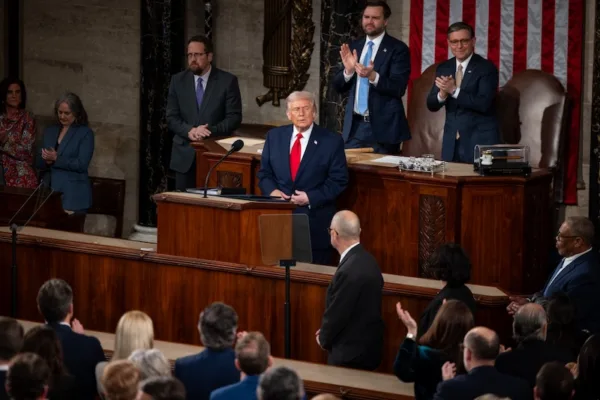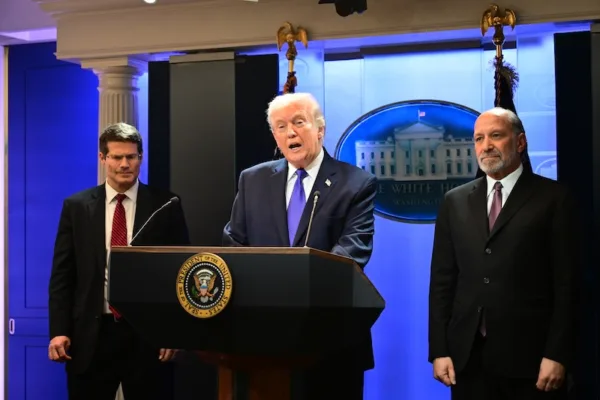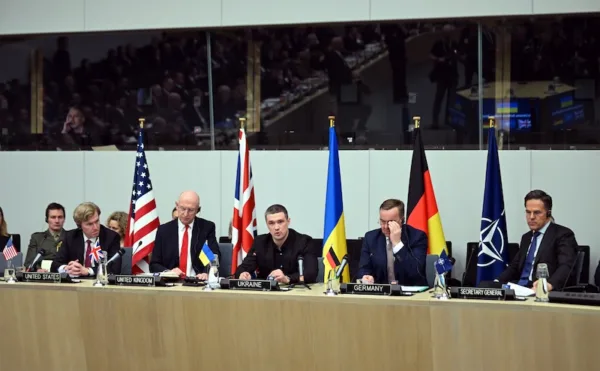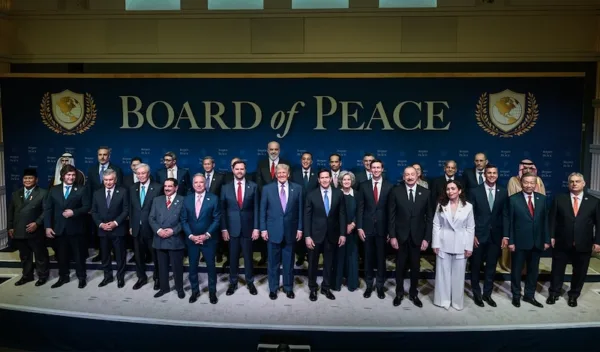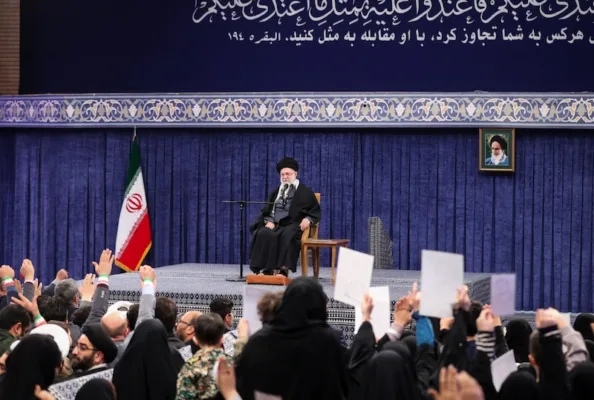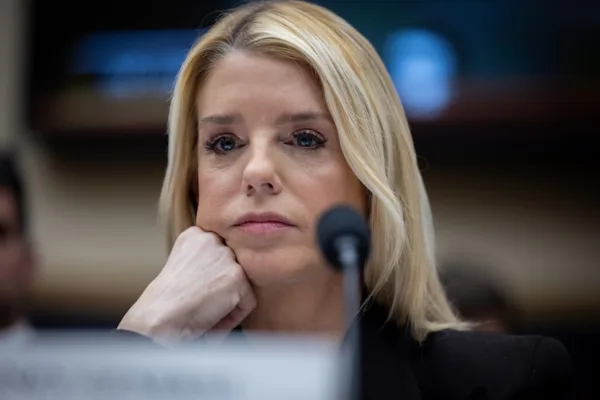The Political Agenda of the June 2011 General Elections
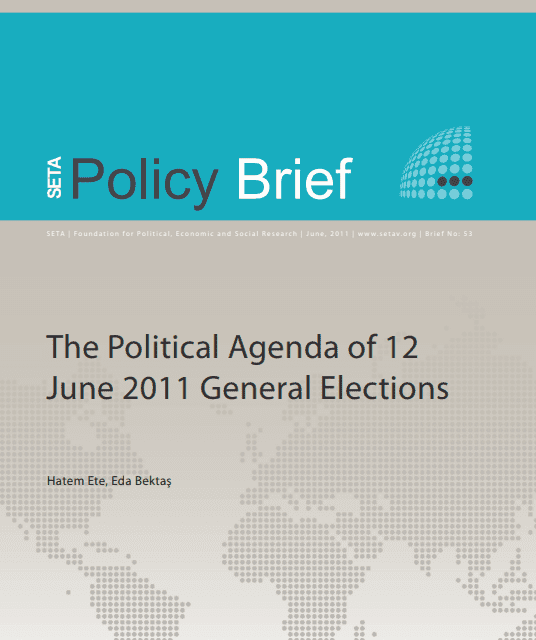
By Hatem Ete & Eda Bektaş
SETA Policy Brief, No. 53, June 2011
The political squabbling between 4 major Turkish political parties; AK Party, CHP, MHP and BDP are gradually increasing through the upcoming June 12, 2011 general elections. The heat of the discussions is closely related with the significant role of the upcoming elections. The election results will directly affect the futures of these political parties, the positions of the bureaucratic and political actors, and the public opinion through drafting the new constitution. As a result these parties are struggling to shape the new constitution according to their perspectives and the vital importance of the new constitution increase the importance of the vote percentages and deputy numbers of these parties. In this respect, this policy brief discusses the political meaning of the June 12, 2011 general elections with regards to the future of 4 major political parties (AK Party, CHP, MHP and BDP) entering the elections. In particular, it examines the positions and internal dynamics of political parties in the election process with reference to several historical movements in contemporary Turkish politics.
Turkey, after a long time, is undertaking elections to build a new future instead of overcoming a crisis situation. April 1999 general elections was held to overcome the political crisis of February 28th process, November 2002 general elections was held to overcome both the February 28th period and the 2001 economic crisis. The general elections of July 2007 were held to end the presidential election crisis. The upcoming June 2011 general elections, however, are going to be held to build a new future for Turkey.
The upcoming elections do not carry the same meaning for all political parties. While AK Parti (AK Party, Justice and Development Party) aims to build a ‘new Turkey’1 in the post-election period through a new civilian constitution, Cumhuriyetçi Halk Partisi (CHP, Republican People’s Party) aim is first to preserve its new leading cadre and dynamism of change. Milliyetçi Hareket Partisi (MHP, Nationalist Movement Party) is trying to sustain its political existence and Barış ve Demokrasi Partisi (BDP, Peace andDemocracy Party) wants to emerge as the only politically legitimate representative of the Kurdish people. In other words, CHP, MHP and BDP attribute a limited meaning tothese elections while trying to preserve their positions in the political system.
Even though political parties attribute different meanings to the upcoming elections, the current stable political atmosphere is reflected in the parties’ deputy candidate lists. Almost every party nominated flexible and pragmatic political names, who canspeak to the center. They are all trying to win support from different parts of the society rather than simply consolidating their own electoral bases. The stability in the current political system ensures that the parties propose long-term projects and promises extending to the next 12 years. In the first days of the election campaigning season, leaders preferred to explain their creative and exciting projects instead of quarreling with one another.
However, this optimistic political environment did not last long prior to the elections. The political and historical importance of the elections increased the tension eventually. PKK left its 25 years strategy of not targeting the political leaders and attacked the election convoy of the Prime Minister Erdoğan. The Supreme Electoral Council’s (YSK) made an irrational and inconsistent decision that cancelled the candidacies of 7 independent deputy candidates backed by BDP and stepped back from its decision due to the increased tension and reaction from different parts of the political spectrum. The operations conducted by the security forces, strong statements by the BDP politicians in response, and the political mobilization due to the YSK’s decision quickly transformed the political atmosphere in Turkey’s southeast into how it was in the 1990s. The strategic release of secret videotapes targeting the MHP leadership prior to the elections led to the resignations of 10 senior MHP deputies and politicians.
The replacement of optimistic political atmosphere with heated debates and political squabbling is closely related with the significant role of the upcoming elections in new Turkey’s building process. The election results will directly affect the futures of the political parties, the positions of the bureaucratic and political actors, and the public opinion in the course of drafting the new constitution. All parties are struggling to shape the new constitution according to their perspectives and the vital importance of the new constitution is provoking reactions to affect the election results outside the performance of the political leaders. This policy brief discusses the political meaning of the June 12, 2011 general elections with regards to the future of 4 major political parties (AK Party, CHP, MHP and BDP) entering the elections. In particular, it examines the positions and internal dynamics of political parties in the election process with reference to several historical movements in contemporary Turkish politics.











